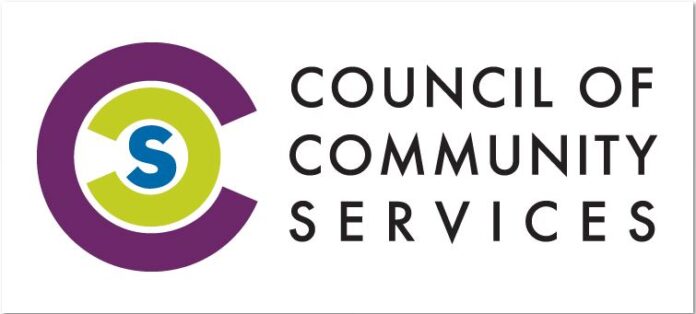 As part of a state-wide Rapid Re-Housing Challenge, the Council of Community Services’ Community Housing Resource Center (CHRC) has announced that they will house 28 homeless families in the Roanoke region in the next 100 days. The Council and its partners – the City of Roanoke, Family Promise of Greater Roanoke, Trust House, the Salvation Army, Roanoke Rescue Mission and Total Action for Progress (TAP) – join 34 other organizations across the state in committing to house 740 homeless families statewide within this 100 day period.
As part of a state-wide Rapid Re-Housing Challenge, the Council of Community Services’ Community Housing Resource Center (CHRC) has announced that they will house 28 homeless families in the Roanoke region in the next 100 days. The Council and its partners – the City of Roanoke, Family Promise of Greater Roanoke, Trust House, the Salvation Army, Roanoke Rescue Mission and Total Action for Progress (TAP) – join 34 other organizations across the state in committing to house 740 homeless families statewide within this 100 day period.
“The Council of Community Services is excited to be participating in this rapid re-housing initiative with our community partners. We recognize the impact of our efforts on the community can be tremendous when we work together in new and creative ways. Together we will be ending homelessness for 28 families over the next 100 days,” said Dan Merenda, President, Council of Community Services.
The agency says that “rapid re-housing” is a proven and cost-effective strategy that has been used across the country to reduce homelessness. Families are housed in market-rate apartments in the community, and receive rental subsidies and services tailored to their needs. The Council’s CHRC has worked over the past five months to develop a robust rapid re-housing program that will be tested by the challenge.
This initiative is part of a state-wide effort to reduce family homelessness launched in 2010 by Governor McDonnell. The Rapid Re-Housing Challenge will move Roanoke closer to accomplishing Virginia’s stated goal of reducing family homelessness.
The Council of Community Services provides leadership for organizations and individuals in the areas of planning, information, and referral services to improve the quality of life in SW VA communities.
The Council’s Community Housing Resource Center provides homelessness prevention and rapid re-housing services with a focus on community-wide service coordination and collaboration. Last year, the CHRC and its partners placed 49 homeless families in permanent housing, while reducing the length of time participants spent homeless by seventy-eight percent (78%). For more information go to: www.councilofcommunityservices.org


